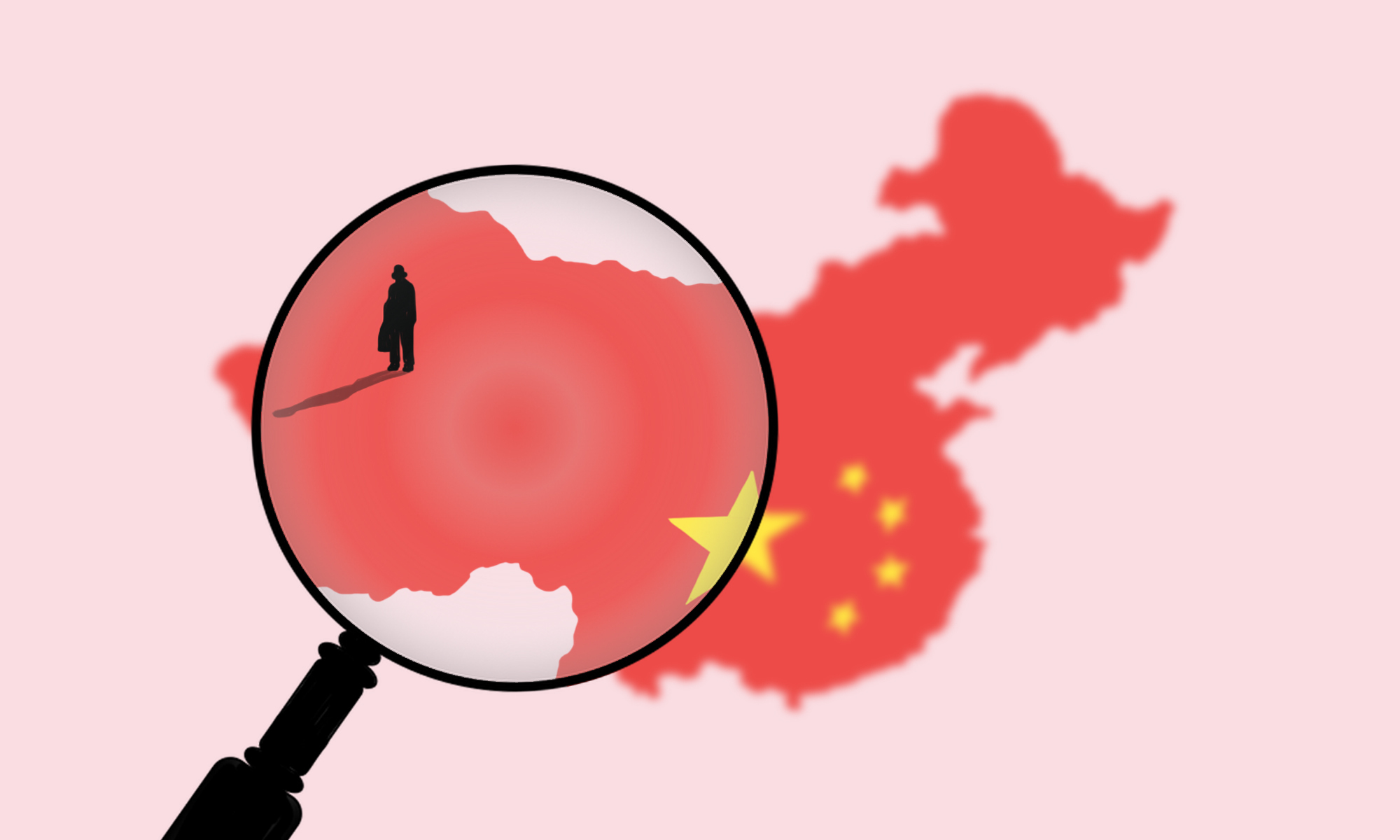Gang Chen’s case should be the end of the DOJ’s ‘China Initiative’
The Department of Justice launched the "China Initiative" two years ago to counter perceived "national security threats." But with the recent indictment of MIT professor Gang Chen — whose colleagues delivered a strong, coordinated show of support on his behalf — we have a clear example of how the policy fails.

The announcement of Massachusetts Institute of Technology (MIT) professor Gang Chen’s indictment, on the day of President Joe Biden’s inauguration, highlighted a key challenge awaiting attorney general nominee Merrick Garland: addressing the threats from the PRC party-state that go beyond traditional spying while ending the harmful suspicion attached to people of Chinese nationality or ethnicity.
Professor Chen’s charges stem from his alleged failure to disclose to the U.S. government his contracts, appointments, and awards from PRC-based entities. Specifically, he is charged with “two counts of wire fraud, one count of failing to file a foreign bank account report (FBAR) and one count of making a false statement in a tax return.”
The case is the latest in an increasingly long list of prosecutions under the Department of Justice’s (DOJ) two-year-old China Initiative, aimed at “disrupting and deterring the wide range of national security threats posed by the policies and practices of the [PRC] government.”
But Professor Chen’s case is atypical in the strong, coordinated response of his colleagues in challenging the merits of the case, as well as MIT president L. Rafael Reif’s swift public statement clarifying the nature of the university’s ties to the PRC entity in question. Writing in support of MIT’s “Chinese and Chinese-American community,” Reif notes: “We value your contributions as students, colleagues, teachers, innovators and leaders, and we value you personally as friends — just as we value every member of the global family of MIT, including Professor Chen and his family.”
I have argued at length elsewhere that the “China” as used in the DOJ’s “China Initiative” conflates government, party, national origin, and ethnicity into an amorphous threat. “China” itself is anthropomorphized into a villain that steals and cheats. From a punishment theory perspective, it is uncertain the extent to which prosecutions under the China Initiative will actually deter PRC-linked national security threats, and the typical defendants do not require prison bars to prevent further misconduct. There have been increasingly vocal calls to end the China Initiative, as I too have advocated.
Professor Chen’s case underscores two major concerns with the China Initiative: an over-emphasis on national security and an under-emphasis on bias.
First, the China Initiative has increasingly emphasized prosecutions based on people’s alleged relationships with PRC-based entities rather than economic espionage. What counts as a national security concern has expanded from trade secret theft (with a foreign government as the intended beneficiary, i.e., economic espionage) to broader connections with foreign governments (and entities linked thereto), even if no actual or attempted transmission of intellectual property occurs.
To be clear, Professor Chen may be guilty as charged, because he failed to provide the government with required information. The issue is whether that failure, even if proved beyond a reasonable doubt, should potentially subject him to decades in prison as well as the professional, financial, and emotional toll that the prosecution will inflict.
That prosecutorial discretion is vast — and that the prosecutors’ tools are formidable — is not unique to the China Initiative. For example, broad use of the wire fraud statute has been criticized outside the China Initiative context as both a “catchall tool that lets us prosecute all kinds of bad stuff [and] a thing that can allow prosecutors to call whatever they want a federal crime,” according to Duke Law Professor Samuel W. Buell: “It has no boundaries.” As the DOJ explained in the announcement of Professor Chen’s indictment, “The charge of wire fraud provides for a sentence of up to 20 years in prison, three years of supervised release and a fine of up to $250,000.”
Second, Professor Chen’s case highlights the concern that the China Initiative is “leading to discriminatory and stigmatizing investigations of people of Chinese descent.” The government press release announcing the indictment conspicuously states: “Chen is a naturalized U.S. citizen who was born in China.”
The China Initiative has included defendants who are not of Chinese descent, and I am aware of no direct evidence that people were targeted because they were Chinese. At a minimum, however, the Initiative both in its framing and implementation undermines the spirit of non-discrimination that the DOJ’s Justice Manual extols.
Under President Donald Trump, the DOJ failed to grapple with how implicit bias permeates prosecutors’ work. It insisted on its sensitivity to this issue without ever providing details about specific measures. We await how the DOJ will actualize President Biden’s stated commitment to addressing bias in the criminal justice system.
Once confirmed, Attorney General Garland should move swiftly to implement the proposed program recently reported by the Wall Street Journal “under which U.S. academics could disclose past foreign funding without fear of punishment for their disclosure.” Such a voluntary self-disclosure — colloquially, “amnesty” — program would help reveal ties with PRC-based entities. Standing alone, however, it would be insufficient in encouraging foreign scientists and researchers to continue their work in the United States.
The DOJ should further review current cases under the Initiative to determine whether any adjustments — or even full dismissals — of charges are warranted. There is a role for criminal law in protecting innovation, but it should be a carefully bounded one.
At the same time, the U.S. government should undertake a comprehensive review of how it uses criminal law to protect against national security threats emanating from the PRC. This should include collaboration with the president’s science adviser (now a cabinet-level position) and parts of the executive branch that have deep country-specific knowledge (i.e., National Security Council and State Department), as well as pulling in outside expertise in science and technology, China studies, and criminology.
When announcing the China Initiative in November 2018, then Attorney General Jeff Sessions began his remarks by celebrating that “for decades, the United States has led the world in science, technology, research, and development. Without a doubt, we are the world’s top innovator.” Yet the Initiative he set in motion threatens to undermine that status both by imposing harsh criminal punishments on people whose transgressions are arguably undeserving of such severe consequences and by sending a broader chilling effect through academic and research communities. Now it is up to the Biden administration to chart a path that promotes innovation, not incarceration.






